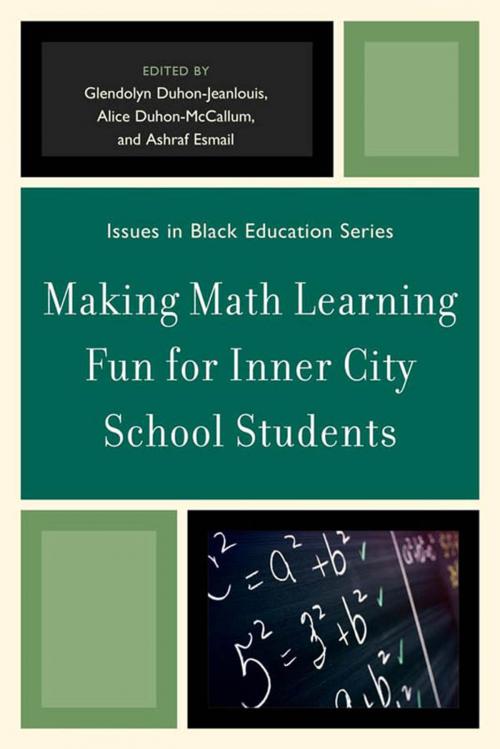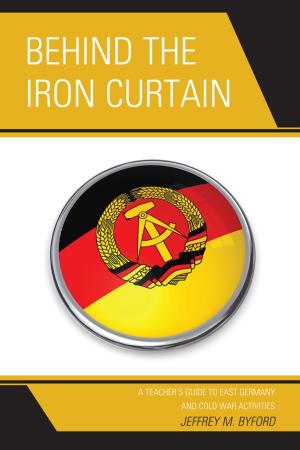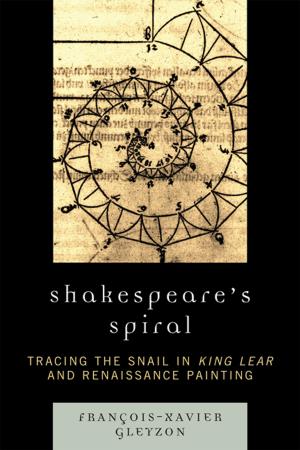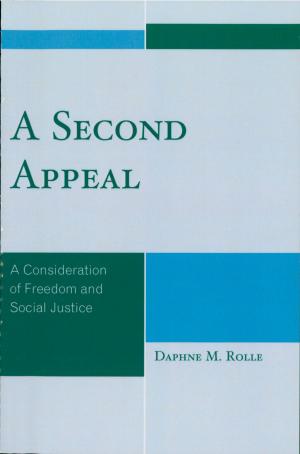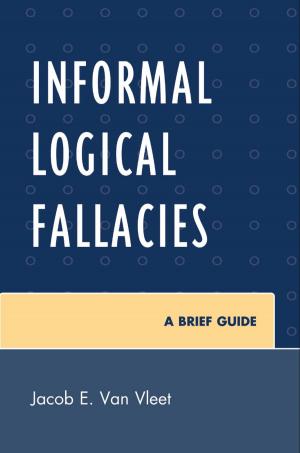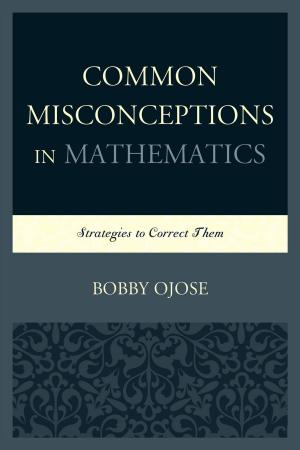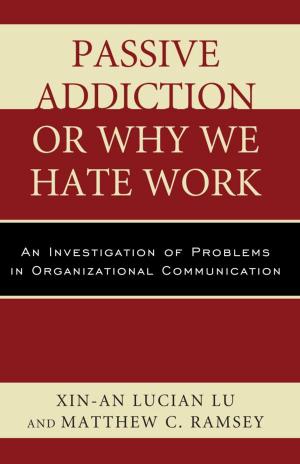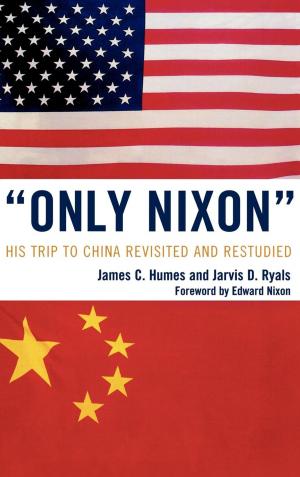Making Math Learning Fun for Inner City School Students
Nonfiction, Reference & Language, Education & Teaching, Educational Theory, Multicultural Education, Aims & Objectives, Teaching, Teaching Methods| Author: | ISBN: | 9780761853183 | |
| Publisher: | UPA | Publication: | October 28, 2010 |
| Imprint: | UPA | Language: | English |
| Author: | |
| ISBN: | 9780761853183 |
| Publisher: | UPA |
| Publication: | October 28, 2010 |
| Imprint: | UPA |
| Language: | English |
Making Math Learning Fun for Inner City School Students is an effective tool for educators and a textbook for professors of higher education. The concepts discussed in the book provide a body of knowledge that will enable leaders to understand the critical issues surrounding inner city school students in their ability to learn mathematical concepts. Research shows that three to five teachers of mathematics leave the school system within the first two years of teaching because of frustration experienced while helping inner city school students comprehend and master mathematical skills. Students are often discouraged by inappropriate teaching strategies that favor learning math concepts in isolation, rather than making them relevant to daily life or cultural experiences. Teachers of math must clearly understand inner city school students' learning styles when they are implementing a process for the student to learn. Classroom teachers in the twenty-first century must have valid knowledge of how the brains of inner city school children work. For students to master and comprehend math skills, learning activities must be both fun and relevant to their present body of knowledge about life and living.
Making Math Learning Fun for Inner City School Students is an effective tool for educators and a textbook for professors of higher education. The concepts discussed in the book provide a body of knowledge that will enable leaders to understand the critical issues surrounding inner city school students in their ability to learn mathematical concepts. Research shows that three to five teachers of mathematics leave the school system within the first two years of teaching because of frustration experienced while helping inner city school students comprehend and master mathematical skills. Students are often discouraged by inappropriate teaching strategies that favor learning math concepts in isolation, rather than making them relevant to daily life or cultural experiences. Teachers of math must clearly understand inner city school students' learning styles when they are implementing a process for the student to learn. Classroom teachers in the twenty-first century must have valid knowledge of how the brains of inner city school children work. For students to master and comprehend math skills, learning activities must be both fun and relevant to their present body of knowledge about life and living.
